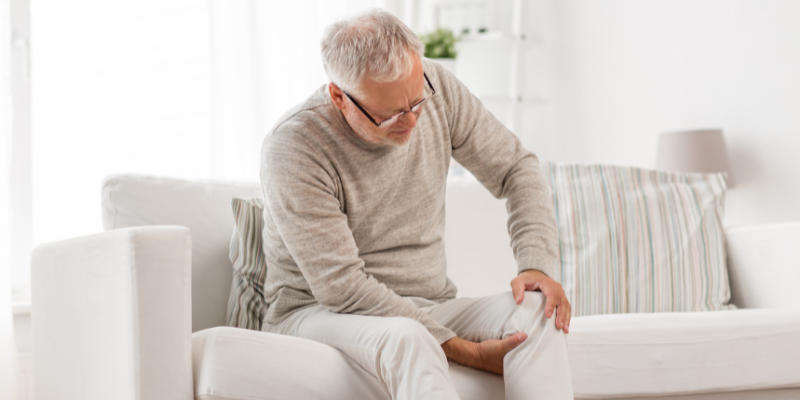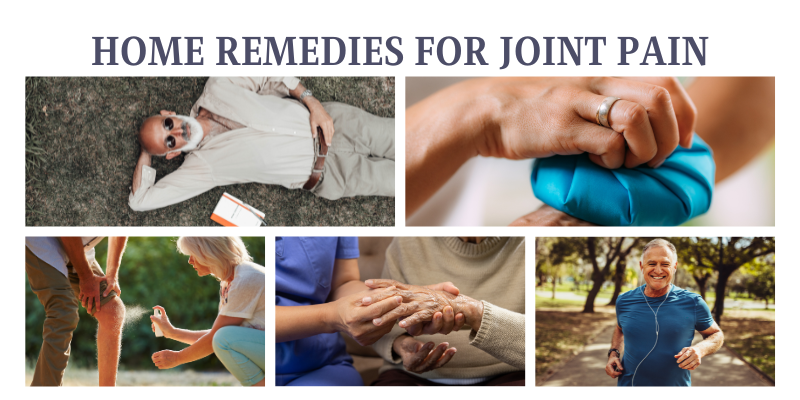- 29th Aug, 2024
- Elderly Home Care, Health, Senior Citizen Care Services, Senior Living
- 729
- Back
Bone Health After 60s: A Comprehensive Guide
Bone health is a critical aspect of overall well-being, especially for senior citizens. As we age, bone density tends to decrease, making individuals more susceptible to fractures and other bone-related issues. Understanding bone health is crucial for maintaining a good quality of life and preventing conditions like osteoporosis. In housing for senior citizens, physical fitness is paramount for promoting improved health and a more independent lifestyle.
Understanding Bone Health
Bones are living tissues that constantly undergo renewal. Bone density, a measure of bone strength, is influenced by various factors, including genetics, diet, exercise, and hormonal balance. As we age, the body’s ability to produce new bone tissue slows down, leading to a gradual decline in bone density. This process, known as osteoporosis, can increase the risk of fractures, especially in the hips, wrists, and spine.
A physical wellness advisor at Jagriti Dham emphasises the importance of strong bones for seniors, stating, “As we age, maintaining strong bones is crucial for living a vibrant and independent life. Healthy bones provide a solid foundation for our overall well-being, enabling us to move freely, participate in activities we enjoy, and reduce the risk of fractures.” He further highlights, “At Jagriti Dham, we prioritise bone health through tailored exercise programs, nutritional guidance, and personalised care plans. By investing in bone health, we are investing in a future filled with vitality and independence.”
Factors That Can Affect Bone Health Include:

- Age: As we age, our bodies naturally produce less estrogen and testosterone, hormones essential for bone health. This hormonal decline can contribute to a decrease in bone density, making individuals more susceptible to fractures.
- Gender: Women are generally more prone to osteoporosis than men due to hormonal changes during menopause. As estrogen levels decline after menopause, the body’s ability to maintain bone density decreases, making women more susceptible to fractures.
- Genetics: Family history of osteoporosis can increase an individual’s risk.
- Diet: Inadequate intake of calcium and vitamin D can contribute to bone loss. Calcium is essential for building and maintaining strong bones, while vitamin D helps the body absorb calcium.
- Lifestyle: Smoking, excessive alcohol consumption, and lack of physical activity can negatively impact bone health. A sedentary lifestyle can weaken bones due to a lack of weight-bearing activities that help stimulate bone growth.
- Medications: Certain medications, such as corticosteroids, can increase the risk of osteoporosis. Corticosteroids, often used to treat conditions like asthma, arthritis, and allergies, can interfere with the body’s ability to absorb calcium and maintain bone density. Long-term use of these medications may lead to bone thinning and an increased risk of fractures.
Common Myths Related to Bone Health
There are many misconceptions about bone health. Here are a few common ones:
Myth: Only women need to worry about bone health.
Fact: While women are at a higher risk, men can also develop osteoporosis.
Myth: Once you lose bone mass, you cannot regain it.
Fact: While it is more difficult to regain lost bone mass, it is possible with proper lifestyle changes and medical interventions.
Myth: All dairy products are good for bones.
Fact: While dairy products are a good source of calcium, there are other dietary sources as well.
When to See an Orthopaedic
While old age homes or housing for senior citizens have on-site specialist doctors and physiotherapists, individuals living alone should seek immediate orthopedic care if they experience any of these symptoms:
- Sudden, unexplained pain or tenderness in bones or joints can be a sign of an underlying medical condition. Early intervention can help prevent complications and improve your overall health.
- Fractures that occur without a significant injury can be a sign of underlying bone weakness, such as osteoporosis. If you experience this, it is crucial to consult an orthopedic specialist. They can evaluate your bone health, diagnose any potential issues, and recommend appropriate treatment options to prevent future fractures and improve your overall bone strength.
- Loss of height can be a sign of underlying bone health issues. If you notice a significant decrease in your height, especially if accompanied by other symptoms like back pain or fractures, it is important to consult a specialist.
- Slumped posture can be a sign of underlying musculoskeletal issues. If you notice that you are frequently slouching or have difficulty maintaining an upright posture, it is recommended to consult an orthopedic specialist. They can assess your posture, identify any potential problems, and provide appropriate treatment or recommendations.
- Difficulty walking or performing daily activities can be a sign of underlying bone or joint issues. Your doctor can evaluate your condition, diagnose any problems, and recommend appropriate treatment options, which may include physical therapy, medications, or in some cases, surgery.
When to Get Physiotherapy
Physical therapy can play a crucial role in managing bone-related conditions and improving overall bone health. Consider seeking physiotherapy if you:
- Have recently undergone bone surgery
- Experience chronic joint pain
- Need help with balance and coordination
- Want to improve your range of motion
At Jagriti Dham, one of luxury retirement homes in India, physiotherapy plays a crucial role in supporting seniors’ health. By alleviating pain, enhancing mobility, strengthening muscles, and offering personalised exercise plans, our physiotherapists help residents maintain their independence and quality of life.
Home Remedies for Joint Pain

While home remedies may not completely cure bone-related conditions, they can provide temporary relief from joint pain:
- Rest: Avoid activities that aggravate your joints. Adequate rest can help joints recover and reduce pain.
- Ice or heat therapy: Applying ice or heat packs to sore joints can help reduce pain and inflammation.
- Over-the-counter pain relievers: Nonsteroidal anti-inflammatory drugs (NSAIDs) can help alleviate pain.
- Massage: Gentle massage with hot oil can help relax muscles and reduce stiffness.
- Weight management: Maintaining a healthy weight can reduce stress on joints and improve overall bone health.
Bone Healthy Lifestyle
A healthy lifestyle can go a long way in protecting your bones. Here are some tips:
- Eat a balanced diet: Consume plenty of calcium-rich foods, such as dairy products, leafy greens, and fortified cereals.
- Get enough vitamin D: Exposure to sunlight helps the body produce vitamin D.
- Exercise regularly: Weight-bearing exercises, such as walking, running, and dancing, can help strengthen bones.
- Maintain a healthy weight: Being overweight or obese can put extra stress on your bones.
Alternate Medication for Bone Health Like Ayurveda
Ayurveda, a traditional Indian system of medicine, offers natural remedies for bone health. Some Ayurvedic herbs and practices that may be beneficial include:
- Herbal Supplements: Ashwagandha, Triphala, and Guggul are commonly used Ayurvedic herbs for bone health.
- Dietary Changes: Ayurveda emphasises a balanced diet with specific food combinations and restrictions based on individual constitution.
- Lifestyle Practices: Yoga, meditation, and pranayama (breathing exercises) are integral parts of Ayurvedic treatment for bone health.
Maintaining bone health after 60 is crucial for a fulfilling and independent life. By understanding the factors that influence bone density, adopting a healthy lifestyle, and seeking appropriate medical advice, individuals can significantly reduce their risk of bone-related problems and enjoy a higher quality of life.

